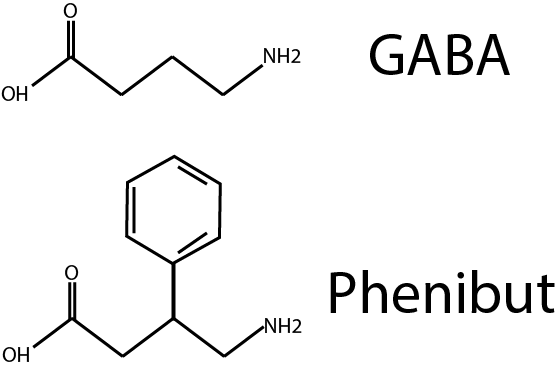Case Presentation: A 42 year old gentleman with past medical history of anxiety and depression presented with acute psychosis, hypertensive urgency, tachycardia and worsening agitation ultimately needing sedation and intubation. He was found to be oliguric with an elevated creatinine of 6.69 with a baseline normal kidney function. After failing a diuretic challenge, the patient underwent dialysis and kidney function gradually improved with conservative management over the next 2-3 weeks. Patient had many starch crystals and casts in his urine which were likely from Talc that is sometimes mixed with synthetic drugs as an anticaking agent. The patient was successfully extubated but continued to be disoriented with disorganized thought content over the next few weeks. He would have periods of agitation, auditory hallucinations and appeared to be responding to internal stimuli showing evidence of a mild level of thought blocking. He portrayed profound paranoid behavior with delusions of persecution. Given the patient’s mixed symptoms of a sedative withdrawal state from Phenibut and also a persistent stimulant effect from Kratom, he was administered Benzodiazepines as needed in the hospital. He was started on Baclofen to counteract the GABA analog withdrawal effect of Phenibut and also Olanzapine for his psychosis. The patient returned to baseline gradually over the next few weeks confirming a diagnosis of Phenibut and kratom withdrawal.
Discussion: Phenibut (β-phenyl-GABA) is a synthetic aromatic amino acid that acts as a GABA analogue. Due to the presence of a phenyl ring the drug can cross the blood brain barrier unlike GABA and other analogues. It is closely related to Baclofen, pregabalin and gabapentin in structure. It is easily available as a nutritional supplement in USA over the internet and is being used for stress relief, social anxiety, insomnia and as a ‘brain booster’.
Kratom (Mitragyna speciosa) is a tropical tree in the coffee family native to Southeast Asia. The leaf contains more than 40 alkaloids most active of which act on μ-opioid receptors causing its opioid and stimulant like effects. Kratom powder, capsules and tinctures can be bought over the internet and are being used recreationally in USA. Here we discuss a rare case in which prolonged use of both caused kidney failure and psychosis.
Conclusions: With the growing trend of taking non-prescribed supplements in the name of holistic medicine, there is a cause for concern as the market for herbal and complementary nutritional products remains largely unregulated. In this case, we discussed how the use of a stimulant combined with a sedative lead to acute psychosis with kidney failure and could have possibly led to death without timely intervention.
With much of the pharmacology of kratom not being well understood, having stimulant effects at low doses, an opioid-like effect at higher doses, as well as sedative and sensory-suppressive effects, there needs to be tighter regulation and distribution. As of March 2018, six US states including Alabama, Arkansas, Indiana, Tennessee, Vermont, and Wisconsin have made kratom illegal but, it is still easily available over the internet in most states making this a new recreational drug hospitalists need to be aware about.


